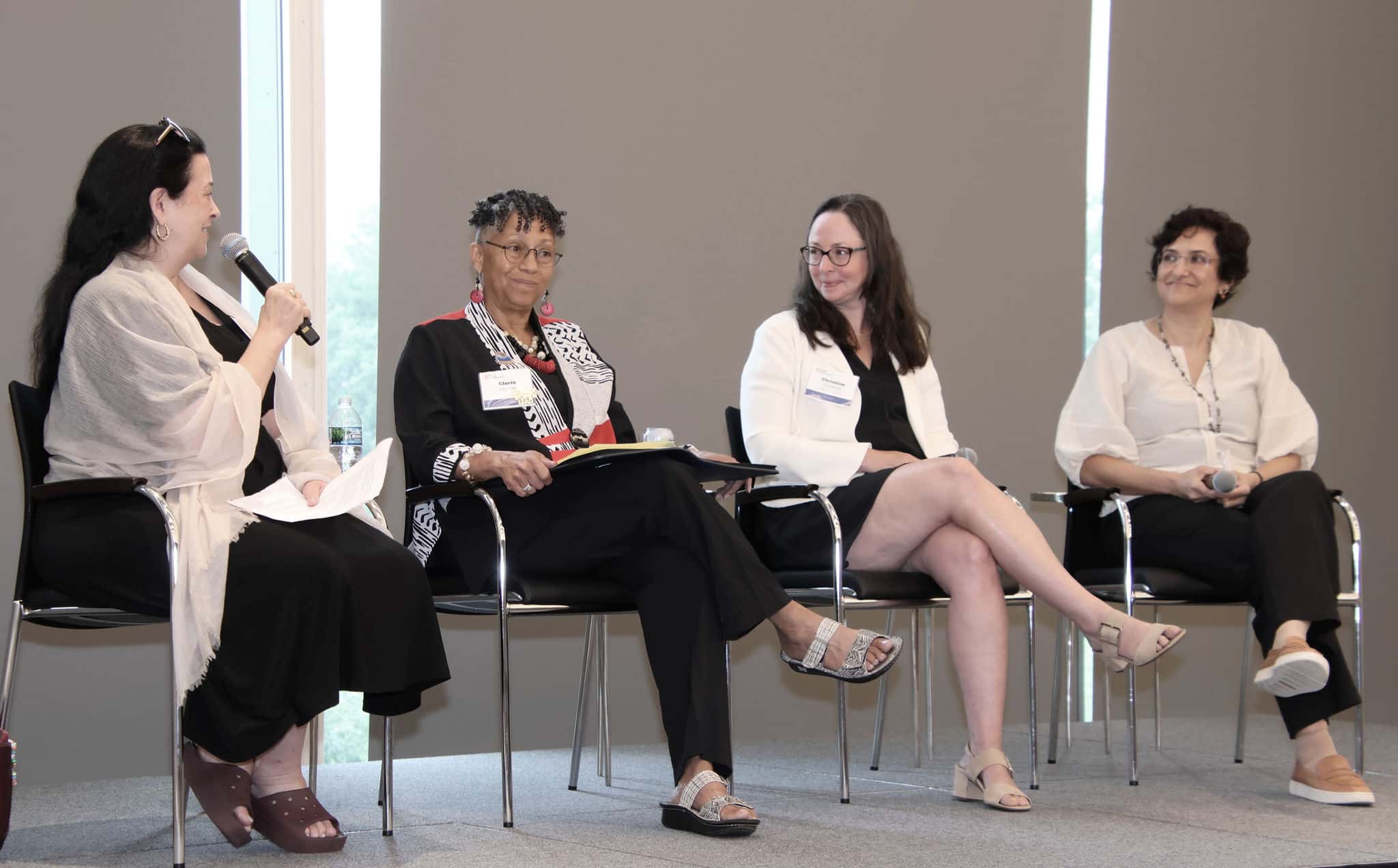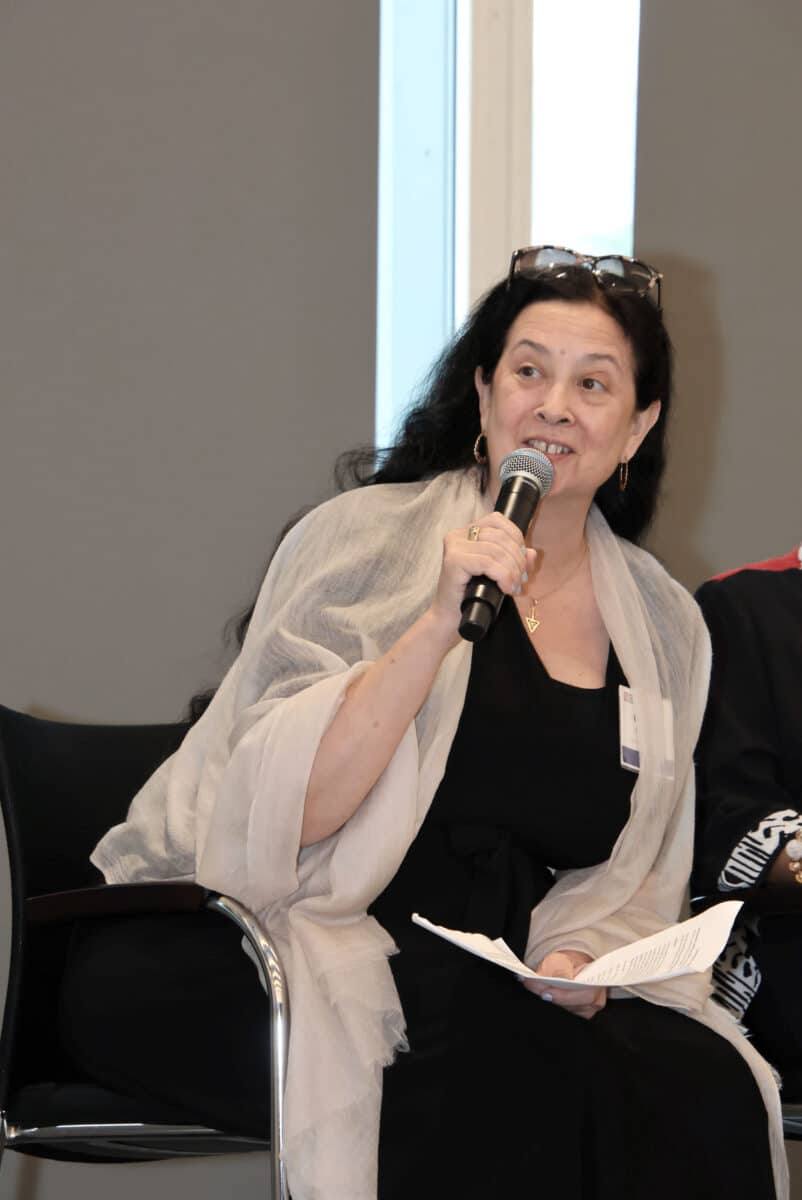Advancing inclusion in STEM education: Trinity Washington University is dedicated to blending its historic legacy with innovative practices, redefining how it serves women in STEM and beyond. As one of the 13 institutions supported indefinitely by the Clare Boothe Luce (CBL) Program, Trinity has become a leading model for promoting equity in education for underrepresented communities. Provost Carlota Ocampo emphasizes the importance of including all voices in scientific discovery.
- For society: Diverse perspectives address unmet needs, like the overlooked women’s health research market.
- For individuals: Representation in science fosters self-actualization, enabling underrepresented groups to thrive and contribute to the collective knowledge base.
Inclusive excellence: Trinity has utilized its Clare Boothe Luce Professorships and a prestigious Inclusive Excellence grant from the Howard Hughes Medical Institute (HHMI) to develop innovative strategies that empower students who have been historically marginalized in education.
- By the numbers:
- Over 70% of Trinity’s students are African American, and 15% are Hispanic.
- In 2015, 82% of first-year students were eligible for Pell Grants, with a median annual family income of $25,000.
- 100% of students rely on financial aid.
What she’s saying: Ocampo challenges systemic barriers, including the “imposter phenomenon,” which disproportionately affects women and people of color.
- She reframes the narrative: “It’s not a problem within us but a phenomenon we experience. This space is ours, and the perspectives we bring are invaluable.”
The heart of change: Teaching critical thinking is at the heart of Trinity’s approach. Ocampo believes it’s the key to preparing students for scientific careers:
- “Students learn best when they teach others. By formulating questions, designing methodologies, and analyzing outcomes, they develop skills to succeed and contribute meaningfully to science.”
The results: Trinity has transformed itself into a national leader in empowering marginalized students, showing that inclusivity and academic rigor go hand in hand.
Dr. Carlota Ocampo is the provost of Trinity Washington University, overseeing academic affairs and assessment. A neuropsychologist with a Ph.D. from Howard University, she joined Trinity in 1997 and earned tenure in 2003. Notably, she is a recognized expert in equity and education, serving on the national advisory board for the Steve Fund and as a peer evaluator for the Middle States Commission on Higher Education. Her research focuses on diversity, structural inequity, and education, with publications on pedagogical reform and trauma from racism. Dr. Ocampo also directs academic grants aimed at advancing equity in STEM and is dedicated to culturally relevant, student-centered learning.






